Home>Garden Essentials>What Do Seeds Contain?
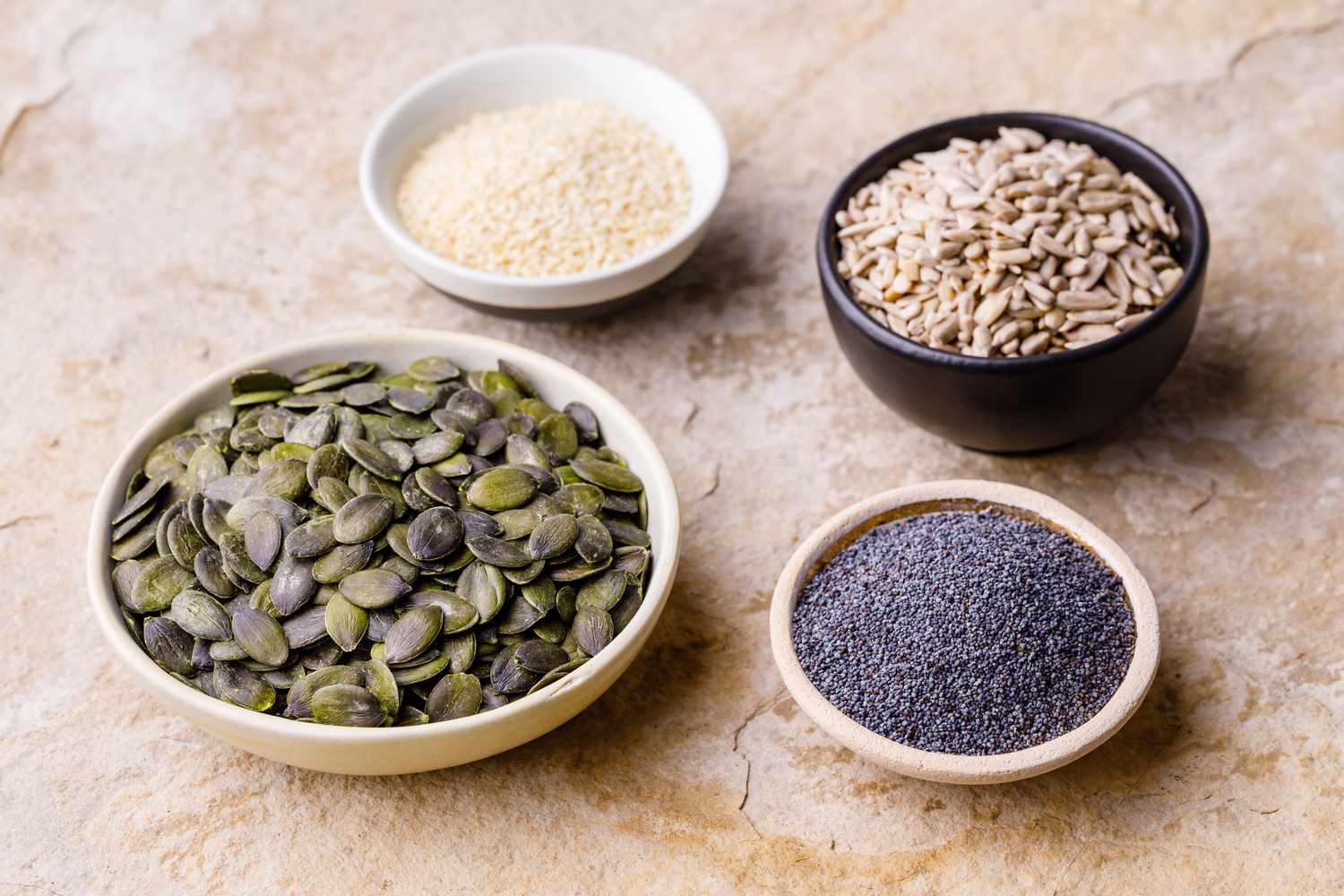

Garden Essentials
What Do Seeds Contain?
Modified: March 15, 2024
Discover what garden seeds contain and learn about their nutrients and essential elements to start your gardening journey with success.
(Many of the links in this article redirect to a specific reviewed product. Your purchase of these products through affiliate links helps to generate commission for Storables.com, at no extra cost. Learn more)
Introduction
Welcome to the exciting world of seeds! These small, seemingly simple structures are actually powerhouses of life. Seeds contain everything a plant needs to grow and flourish, from essential nutrients to protective compounds. Whether you’re an avid gardener, a nutrition enthusiast, or simply curious about the wonders of nature, this article will delve into the fascinating world of what seeds contain.
Seeds play a crucial role in the life cycle of plants. They are the result of the fertilization process, where pollen from the male part of the plant fuses with the ovules in the female part. Within the protective coat of the seed lies a wealth of nutrients, often in concentrated forms, waiting to be utilized.
Understanding the anatomy and composition of seeds is key to appreciating their nutritional benefits. Let’s explore the different components found within seeds and discover their incredible contribution to human health and well-being.
Key Takeaways:
- Seeds are packed with essential nutrients like carbohydrates, proteins, and healthy fats, supporting energy, muscle growth, and brain function. They also provide vitamins, minerals, and antioxidants for overall health.
- Including a variety of seeds in your diet can help meet macronutrient and micronutrient needs. Seeds offer fiber for digestion, healthy fats for heart health, and antioxidants for cellular protection.
Read more: What Do Seeds Do
Anatomy of a Seed
Before we delve into the specific contents of seeds, it’s important to understand their basic anatomy. While the exact structure may vary among different plant species, most seeds have three main parts:
- Seed Coat: The outer layer of the seed, also known as the seed coat or testa, serves as a protective barrier. It shields the delicate inner parts from external factors and prevents moisture loss.
- Embryo: The embryo is the tiny, underdeveloped plant enclosed within the seed. It consists of the radicle (embryonic root), cotyledon(s) (embryonic leaves), and sometimes a plumule (embryonic shoot). The embryo contains the genetic material for future growth and development.
- Endosperm: The endosperm is a nutrient-rich tissue that surrounds the embryo in some seeds. It provides nourishment during germination and early growth until the young plant can produce its own food through photosynthesis.
The diverse composition of seeds allows them to store nutrients for the growing plant and provide essential support during germination. By tapping into these nutritional reserves, humans can also benefit from the many health-promoting qualities of seeds.
Macronutrients in Seeds
Seeds are packed with macronutrients, which are the nutrients that our bodies require in relatively large amounts for energy production and growth. The three primary macronutrients found in seeds are:
- Carbohydrates: Seeds store carbohydrates in the form of starch. During germination, this starch is broken down into simpler sugars to provide energy for the growing plant. When consumed by humans, these carbohydrates serve as a valuable source of energy.
- Proteins: Seeds are excellent sources of plant-based proteins. These proteins not only provide us with essential amino acids for building and repairing tissues but can also be a valuable option for those following a vegetarian or vegan diet.
- Fats: Seeds contain varying amounts of healthy fats, including monounsaturated fats and polyunsaturated fats, such as omega-3 and omega-6 fatty acids. These fats are essential for brain function, hormone production, and the absorption of fat-soluble vitamins.
The macronutrients in seeds work together to provide us with sustained energy, promote muscle growth and repair, support brain function, and contribute to overall well-being. Incorporating a variety of seeds into your diet can help ensure you’re meeting your macronutrient needs.
Micronutrients in Seeds
In addition to macronutrients, seeds are also rich in micronutrients, which are essential vitamins and minerals that our bodies require in smaller quantities for proper functioning. Micronutrients found in seeds include:
- Vitamins: Seeds are a great natural source of vitamins. They can provide a range of vitamins, including vitamin E, vitamin B complex (such as thiamine, niacin, and folate), vitamin K, and vitamin C in some varieties. These vitamins play crucial roles in energy production, immune function, cell maintenance, and overall health.
- Minerals: Seeds are packed with essential minerals like calcium, magnesium, phosphorus, iron, zinc, and potassium. These minerals are fundamental for various bodily functions, such as bone health, muscle function, nerve transmission, and maintaining proper electrolyte balance.
Getting a diverse array of seeds in your diet can help you meet your micronutrient needs and support optimal health. However, it’s important to note that the specific micronutrient content may vary depending on the type of seed, so incorporating a variety of seeds into your diet allows for a broad spectrum of nutrient intake.
It’s worth noting that seeds are a concentrated source of micronutrients. Incorporating small portions of seeds into your daily meals can provide a significant nutritional boost.
Fats and Oils in Seeds
One of the noteworthy components found in seeds is fats and oils. While the amount and type of fat can vary among different seed varieties, many seeds are a rich source of healthy fats that are beneficial for our bodies.
Seeds contain a combination of monounsaturated fats, polyunsaturated fats, and in some cases, saturated fats. What sets seeds apart is their high content of essential fatty acids, specifically omega-3 and omega-6 fatty acids.
Omega-3 fatty acids play a crucial role in promoting heart health, reducing inflammation, and supporting brain function. Flaxseeds, chia seeds, and hemp seeds are particularly rich sources of omega-3 fatty acids.
Omega-6 fatty acids are also essential for our bodies, but it is important to maintain a proper balance between omega-3 and omega-6 fatty acids. Seeds like sunflower seeds, pumpkin seeds, and sesame seeds are abundant in omega-6 fatty acids.
When consumed in moderation, the healthy fats found in seeds can support cardiovascular health, aid in the absorption of fat-soluble vitamins, and provide a feeling of satiety. Incorporating a variety of seeds into your diet is an excellent way to ensure a diverse intake of these beneficial fats.
It’s important to note that while seeds are a valuable source of healthy fats, they are also calorie-dense. Therefore, portion control is key, especially if you are mindful of your caloric intake.
Read more: What Do Sesame Seeds Do
Proteins in Seeds
Seeds are not only a rich source of macronutrients like carbohydrates and fats, but they also provide us with plant-based proteins. Seeds offer an array of amino acids, the building blocks of proteins, making them a valuable addition to a well-rounded diet.
Proteins are essential for various functions within the body, including tissue repair, enzyme production, and supporting the immune system. Incorporating protein-rich seeds into your diet is particularly beneficial for those following vegetarian or vegan lifestyles, as they provide an alternative source of protein.
Some seeds that are notably high in protein content include chia seeds, hemp seeds, pumpkin seeds, and quinoa. Chia seeds, in particular, are considered a complete protein, meaning they provide all essential amino acids our bodies need.
Including a variety of seeds in your meals and snacks, such as adding them to smoothies, salads, or baked goods, can help you meet your protein requirements. Additionally, combining seeds with other plant-based protein sources like legumes and nuts can further enhance protein intake and provide a complete amino acid profile.
It’s important to note that while seeds offer valuable plant-based proteins, their protein content may vary. Therefore, it’s beneficial to incorporate a mix of seeds into your diet to maximize protein variety and intake.
Carbohydrates in Seeds
While seeds may be small in size, they are packed with a valuable source of energy: carbohydrates. Seeds store carbohydrates in the form of complex carbohydrates, predominantly in the form of starch.
Carbohydrates serve as the primary source of energy for our bodies, supplying fuel for daily activities and bodily functions. When consumed, carbohydrates are broken down into glucose, which is used by our cells as a source of energy.
Seeds contain varying levels of carbohydrates, depending on the type of seed. For example, grains like rice, wheat, and oats are rich in carbohydrates and are often consumed in the form of bread, pasta, or cereal.
Other seeds, such as quinoa, millet, and amaranth, are also excellent sources of complex carbohydrates. These complex carbs provide sustained energy and help stabilize blood sugar levels, making them a favorable option for maintaining balanced energy throughout the day.
In addition to complex carbohydrates, seeds may also contain small amounts of dietary fiber. Fiber is a type of carbohydrate that cannot be fully digested by our bodies. It adds bulk to our diet, aids in digestion, and promotes a feeling of fullness.
Incorporating a variety of seeds into your diet can provide you with the carbohydrates and fiber necessary for energy production and maintaining optimal digestive health. Whether you sprinkle them on top of yogurt, incorporate them into baked goods, or enjoy them as a snack, seeds can be a versatile and nutritious addition to your carbohydrate intake.
Seeds contain a tiny plant embryo, stored food for the plant to use as it grows, and a protective seed coat. When planting seeds, make sure to provide the right conditions for the embryo to germinate and grow into a new plant.
Fiber in Seeds
When it comes to dietary fiber, seeds are a fantastic source. Fiber is a type of carbohydrate that our bodies cannot fully digest, but it plays a crucial role in maintaining a healthy digestive system and overall well-being.
Seeds contain both soluble and insoluble fiber, each offering unique benefits to our bodies. Soluble fiber helps to soften stools, promote regular bowel movements, and regulate blood sugar levels. Insoluble fiber adds bulk to our diet, supporting healthy digestion, and helping to prevent constipation.
Many seeds are rich in fiber, making them a valuable addition to a high-fiber diet. Chia seeds, flaxseeds, and hemp seeds, for example, are particularly high in fiber content, and just a small serving provides a significant portion of your daily fiber needs.
Adding fiber-rich seeds to your diet can aid in weight management by increasing feelings of fullness and promoting a healthy digestive system. Fiber also helps to regulate cholesterol levels and stabilize blood sugar levels.
Incorporating seeds into your daily meals and snacks is an excellent way to boost your fiber intake. Sprinkle chia seeds or flaxseeds onto your morning yogurt or oatmeal, add hemp seeds to your smoothies, or include a variety of seeds in homemade energy bars for a delicious and nutritious fiber boost.
Remember to increase your water intake when consuming high-fiber foods. Adequate hydration helps the body process fiber more efficiently and prevents any potential digestive discomfort.
Vitamins in Seeds
Seeds are not only rich in macronutrients and minerals, but they also offer a wide range of essential vitamins. These vitamins play vital roles in maintaining overall health and well-being.
One of the key vitamins found in seeds is vitamin E, a powerful antioxidant that helps protect our cells from damage caused by free radicals. Vitamin E also supports immune function and contributes to healthy skin and hair. Seeds like sunflower seeds, almonds, and hazelnuts are particularly rich in vitamin E.
Another important vitamin found in seeds is the B-complex vitamins. This group includes thiamine (B1), niacin (B3), folate (B9), and many others. B vitamins are involved in various metabolic processes, such as converting food into energy, supporting brain function, and maintaining a healthy nervous system. Seeds like pumpkin seeds, sesame seeds, and quinoa are good sources of B-complex vitamins.
Some seeds also contain vitamin K, which is necessary for blood clotting and bone health. Vitamin K can be found in seeds such as flaxseeds and chia seeds.
While seeds can be a valuable source of vitamins, it’s important to note that the vitamin content may vary depending on the type of seed. In order to maximize your vitamin intake, it’s recommended to consume a variety of seeds as part of a balanced diet.
As always, it’s best to obtain vitamins from whole foods rather than relying solely on supplements. Incorporating seeds into your meals and snacks can be an excellent way to obtain these important vitamins naturally and enjoy the added nutritional benefits they provide.
Read more: What Do Chia Seeds Do In Overnight Oats
Minerals in Seeds
Seeds are a treasure trove of essential minerals that are vital for our overall health and well-being. These minerals play important roles in various bodily functions, including bone health, nerve transmission, muscle function, and immune system support.
Calcium, a mineral essential for strong bones and teeth, can be found in seeds such as sesame seeds and chia seeds. These seeds provide a plant-based source of calcium for individuals who follow a dairy-free or vegan diet.
Magnesium is another mineral abundant in seeds. It is involved in hundreds of biochemical reactions in the body, supporting processes such as energy production, muscle function, and nerve transmission. Pumpkins seeds, sunflower seeds, and sesame seeds are all excellent sources of magnesium.
Phosphorus, a mineral important for bone health and energy metabolism, can also be found in various seeds. Examples include flaxseeds, hemp seeds, and pumpkin seeds.
Iron, a crucial component of red blood cells that carries oxygen throughout the body, can be obtained from seeds like pumpkin seeds and sesame seeds. Combining iron-rich seeds with sources of vitamin C, such as citrus fruits or bell peppers, can enhance iron absorption.
Zinc, which supports immune function and assists in wound healing, can be found in seeds such as pumpkin seeds, hemp seeds, and sunflower seeds.
Potassium, a mineral that helps regulate blood pressure and fluid balance, is present in seeds like sunflower seeds, pumpkin seeds, and chia seeds.
While the specific mineral content may vary depending on the type of seed, incorporating a variety of seeds into your diet can help ensure a broad spectrum of mineral intake.
Seeds are a convenient and versatile way to incorporate important minerals into your daily diet. Sprinkle a mixture of seeds onto salads, blend them into smoothies, or enjoy them as a nutritious snack to reap the mineral benefits they provide.
Antioxidants in Seeds
Seeds are a rich source of antioxidants, which are compounds that help protect our cells from damage caused by harmful molecules called free radicals. These free radicals can contribute to chronic diseases and accelerate the aging process in our bodies.
Many seeds contain a variety of antioxidants, including phenolic compounds, flavonoids, and vitamin E. These antioxidants work together to neutralize free radicals and reduce oxidative stress in our cells.
For example, flaxseeds are known for their high antioxidant content, particularly lignans, which are beneficial plant compounds. Chia seeds are another excellent source of antioxidants and are especially rich in flavonoids.
Sesame seeds, sunflower seeds, and pumpkin seeds are also packed with antioxidants, including vitamin E and other phenolic compounds.
Antioxidants play a vital role in protecting our bodies against chronic diseases such as heart disease, certain types of cancer, and neurodegenerative disorders. Incorporating a variety of antioxidant-rich seeds into your diet can help boost your body’s defense mechanisms and promote overall health.
While seeds provide a natural source of antioxidants, it’s important to note that the specific antioxidant content may vary depending on factors such as seed variety and processing methods.
To benefit from the antioxidant power of seeds, it’s best to consume them in their whole, unprocessed form. Sprinkle seeds on top of salads, blend them into smoothies, or use them as a crunchy topping for roasted vegetables to incorporate antioxidants into your meals in a delicious and nutritious way.
Other Phytochemicals in Seeds
In addition to macronutrients, micronutrients, and antioxidants, seeds contain a wide array of other phytochemicals. Phytochemicals are naturally occurring compounds found in plants that offer numerous health benefits.
One notable group of phytochemicals found in seeds is phytosterols. These compounds are structurally similar to cholesterol and have been shown to help lower LDL (bad) cholesterol levels, reducing the risk of heart disease. Pumpkin seeds, sunflower seeds, and sesame seeds are all rich in phytosterols.
Lignans are another class of phytochemicals found in seeds, particularly in flaxseeds. Lignans have demonstrated potential antioxidant and anti-cancer properties and may provide hormonal benefits, especially for women in menopausal stages.
Some seeds, such as flaxseeds and chia seeds, are rich in mucilage. Mucilage is a gel-like substance that forms when seeds come into contact with water. It provides a soothing and protective effect on the digestive system and can help alleviate symptoms of constipation.
Isoflavones are phytochemicals with estrogen-like effects found primarily in soybeans and soy-related products. However, they can also be found in other seeds, such as chickpeas. Isoflavones have been studied for their potential benefits in hormone-related conditions and the reduction of certain cancer risks.
These are just a few examples of the many phytochemicals present in seeds. These compounds work synergistically with other nutrients to promote optimal health and well-being.
It’s important to note that the specific combination and concentration of phytochemicals may vary among different seed varieties. Therefore, incorporating a diverse range of seeds into your diet allows for a broader exposure to these beneficial compounds.
By including a variety of seeds in your meals and snacks, you can benefit from the unique phytochemical profiles they offer, supporting various aspects of your health.
Conclusion
Seeds are truly magical treasures of the natural world. They contain a wealth of nutrients, including macronutrients, micronutrients, antioxidants, and phytochemicals, that support our overall health and well-being.
From the essential macronutrients of carbohydrates, proteins, and fats to the micronutrients like vitamins and minerals, seeds provide a diverse array of nutrients necessary for our bodies’ optimal functioning.
Their rich fiber content aids in digestion, while their healthy fats contribute to heart health and brain function. Additionally, their impressive antioxidant and phytochemical content offer protection against cellular damage and provide numerous health benefits.
By incorporating a variety of seeds into our diets, we can unlock their nutritional power and enjoy their delicious flavors and textures. Whether sprinkled on salads and yogurts, blended into smoothies, or used as a topping for various dishes, seeds offer a versatile and nutritious addition to our meals.
Remember, when consuming seeds, it’s important to practice portion control and consider individual dietary needs. While seeds offer an abundance of health benefits, they are also calorie-dense, so mindful consumption is key.
So, whether you’re an avid gardener looking to grow your own seeds or a health-conscious individual seeking to enhance your nutritional intake, seeds are a valuable addition to your journey towards a healthier lifestyle.
Let us embrace the wonders of seeds and their hidden treasures, bringing their nutritional richness into our meals and reaping the benefits for our bodies and minds.
Frequently Asked Questions about What Do Seeds Contain?
Was this page helpful?
At Storables.com, we guarantee accurate and reliable information. Our content, validated by Expert Board Contributors, is crafted following stringent Editorial Policies. We're committed to providing you with well-researched, expert-backed insights for all your informational needs.
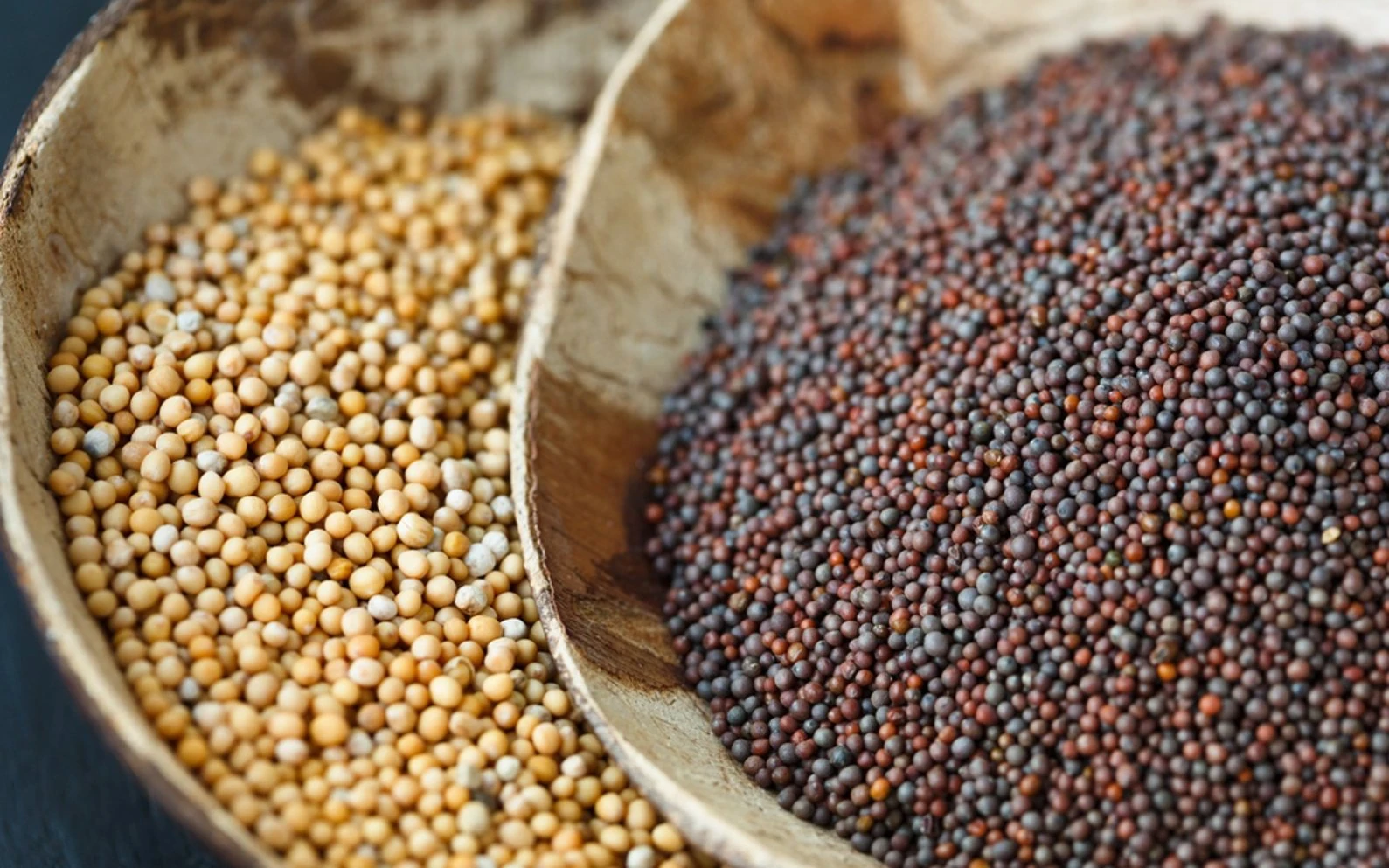
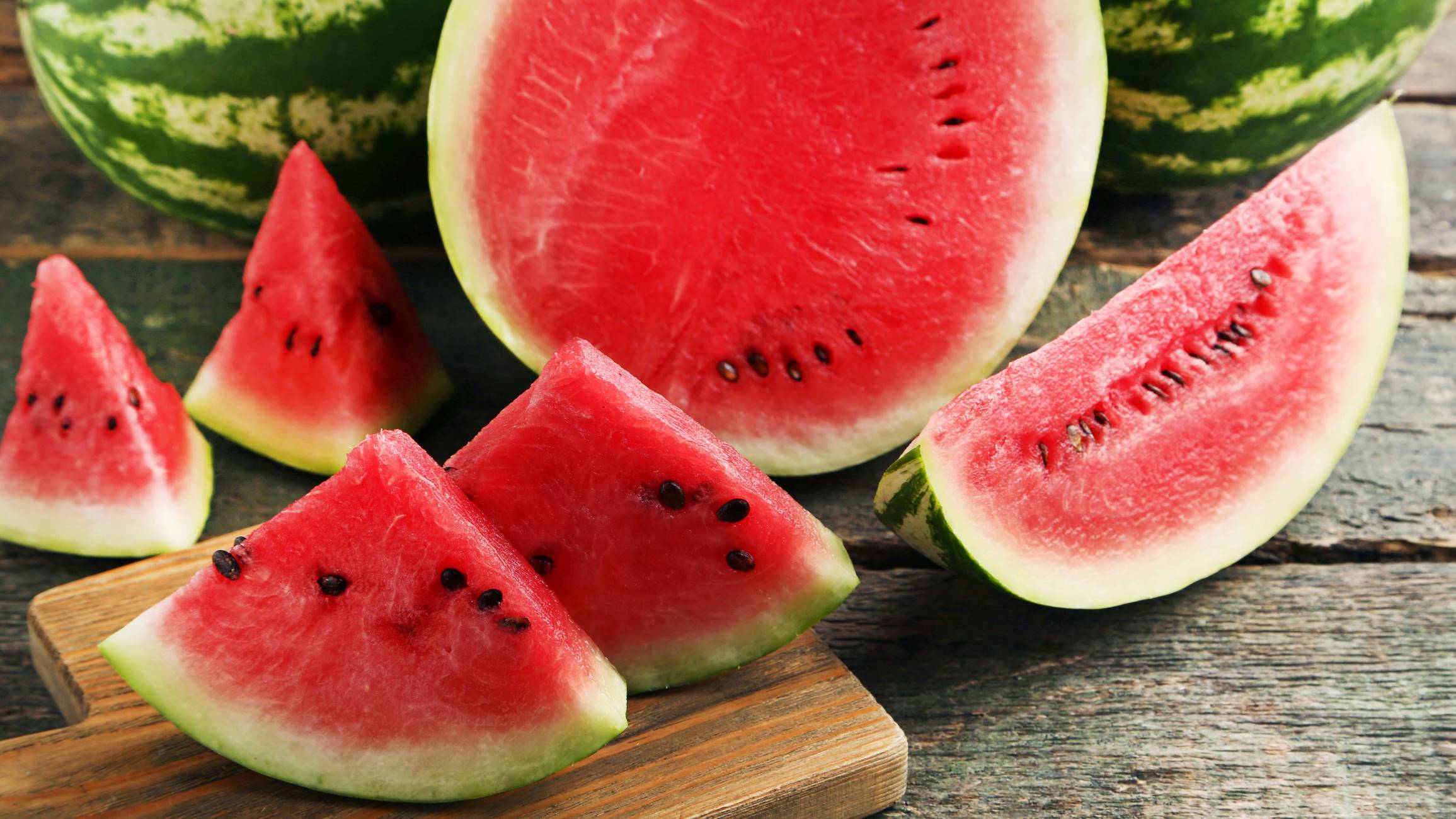
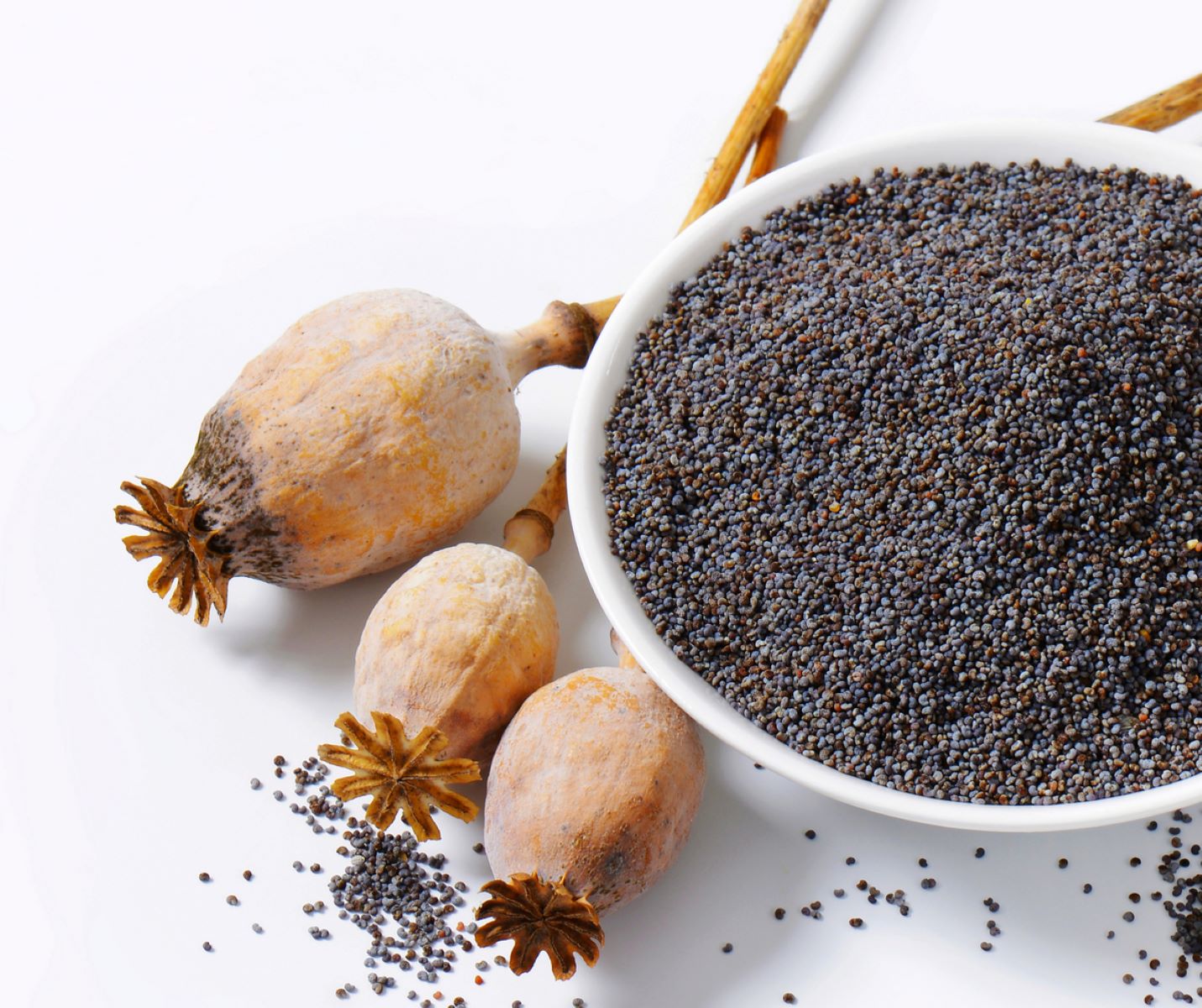
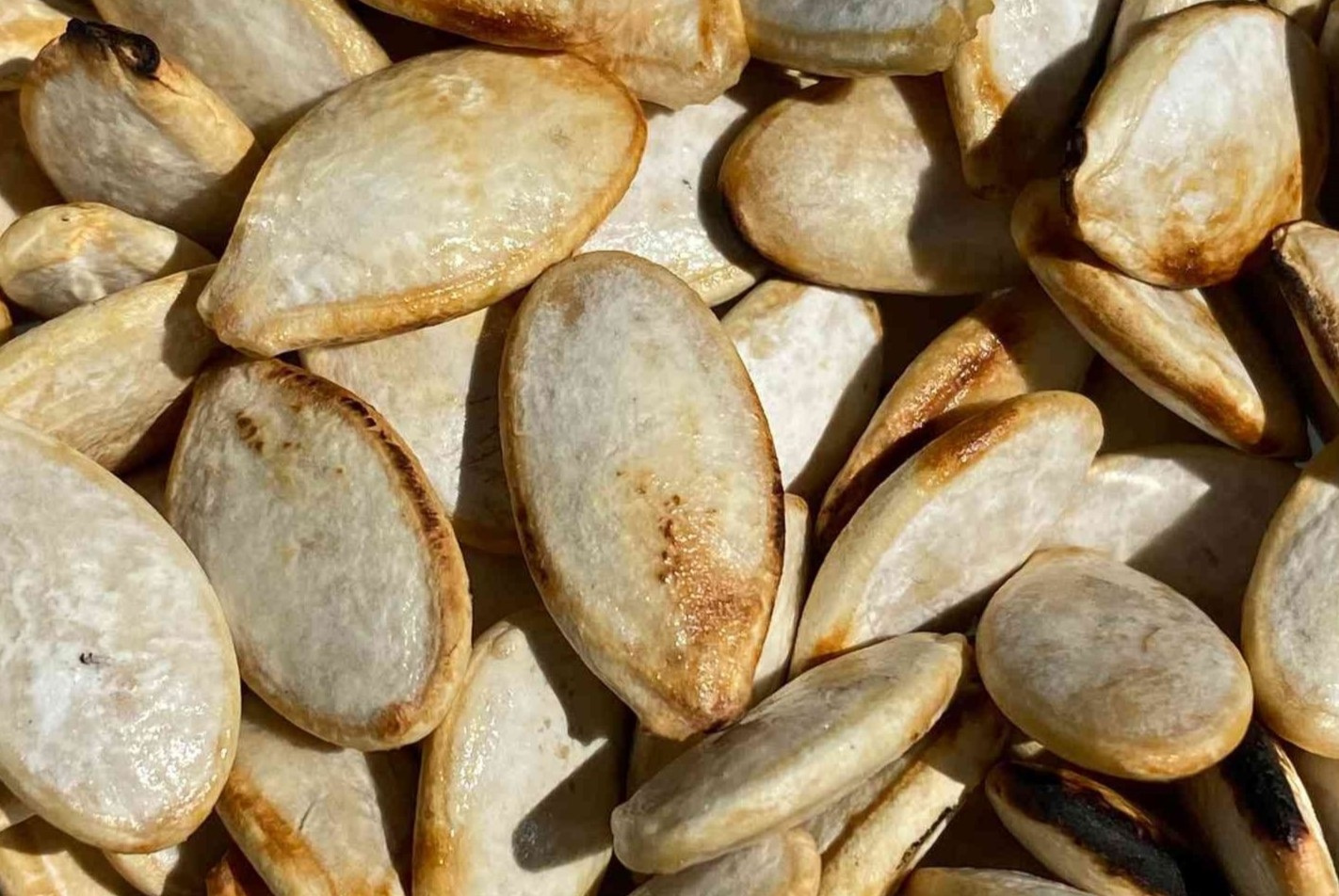
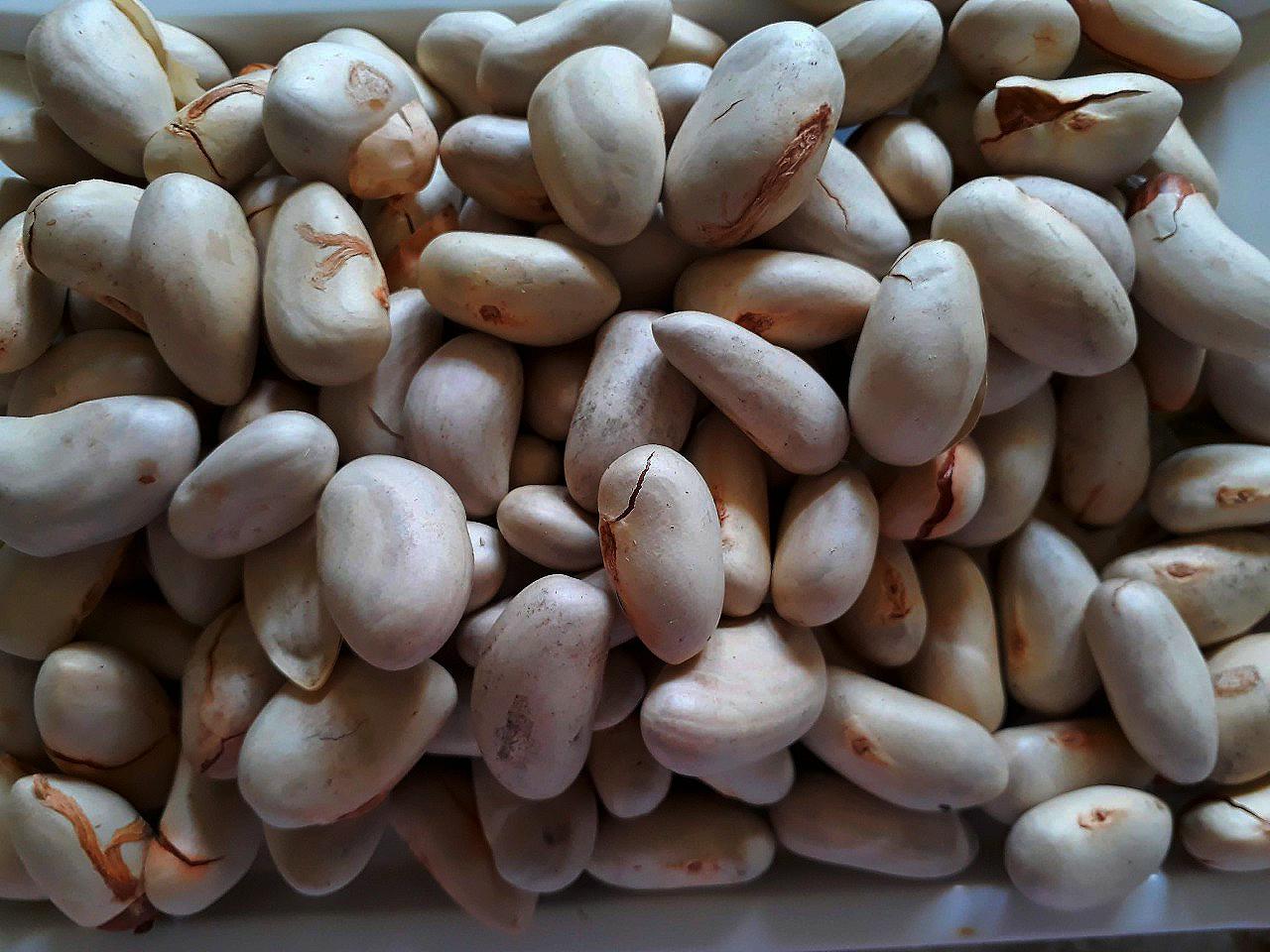
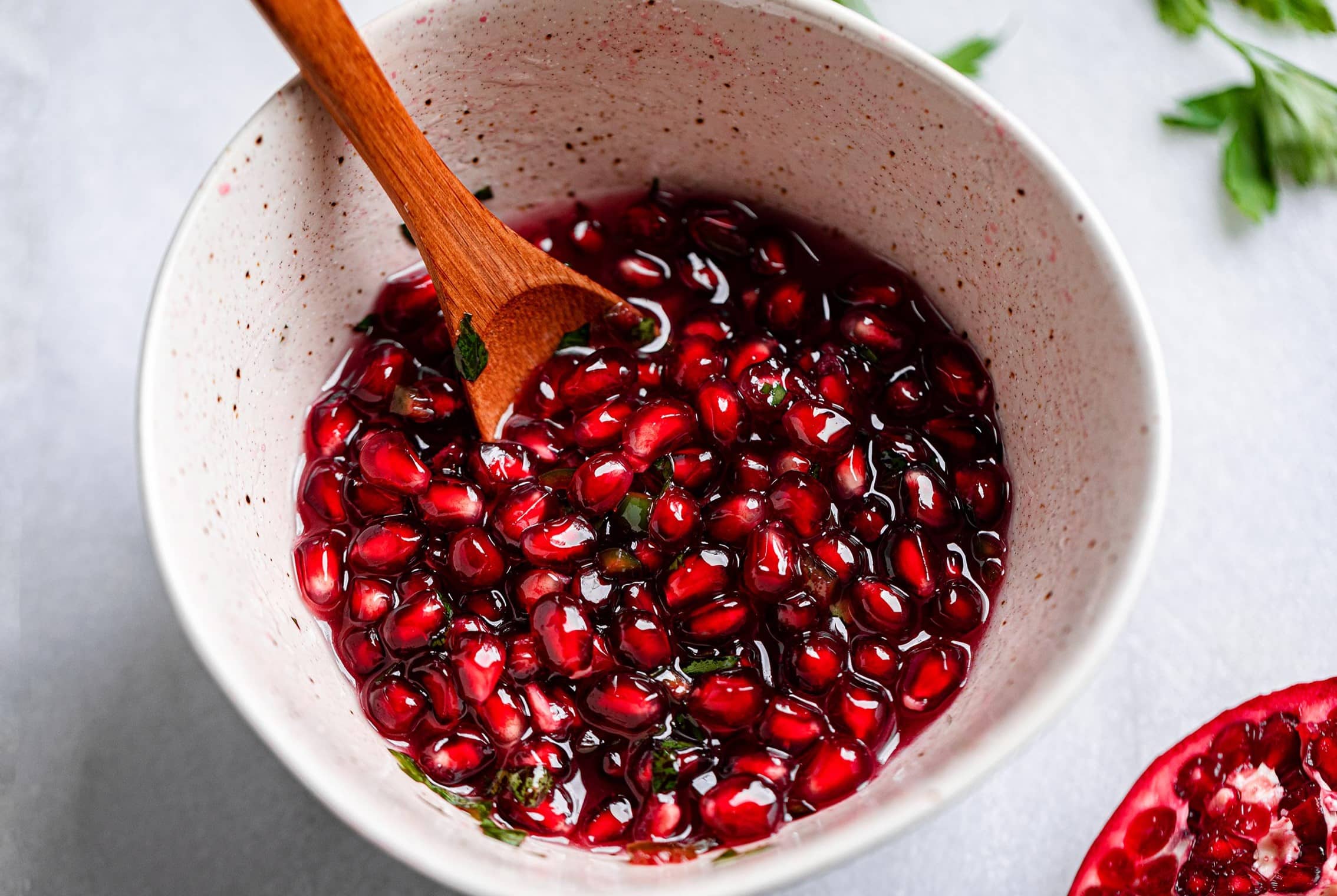
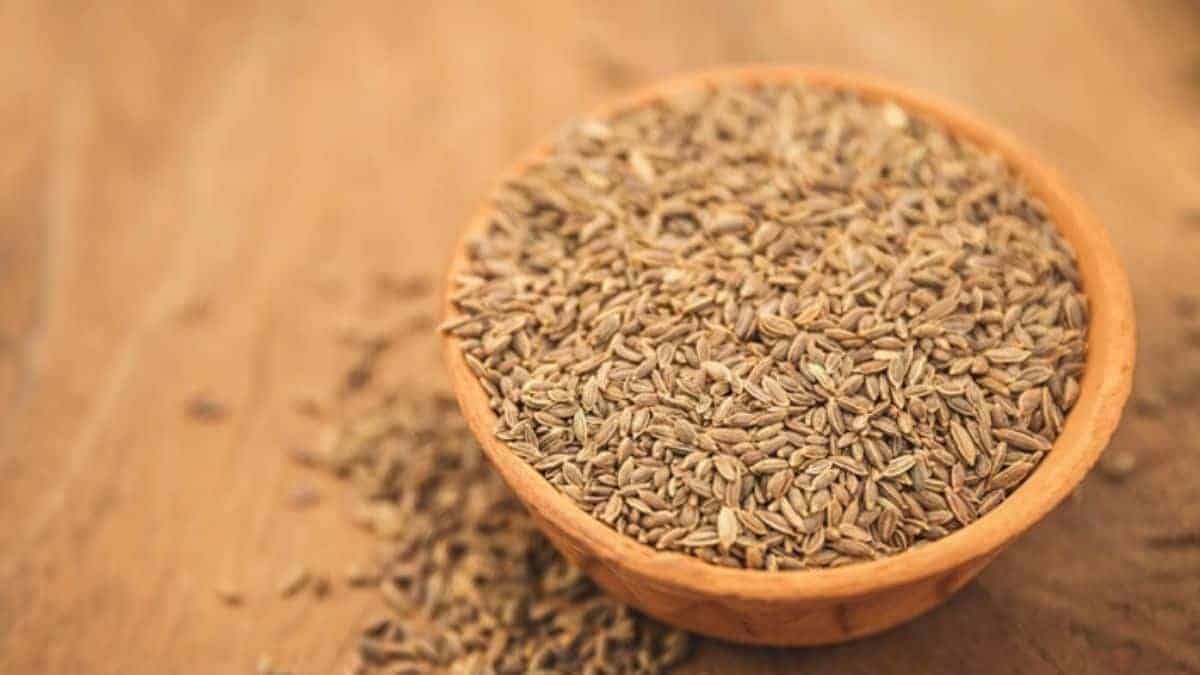
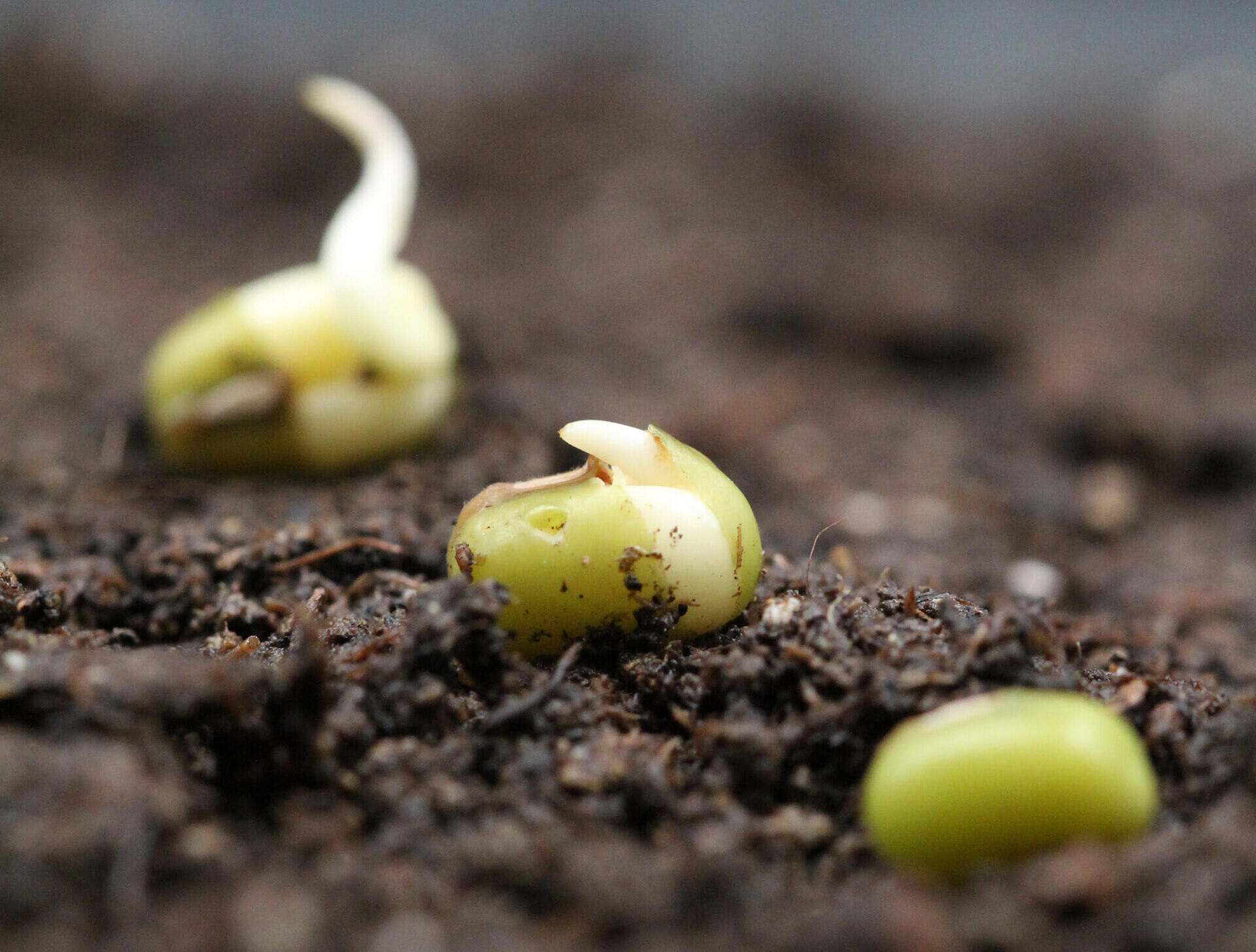
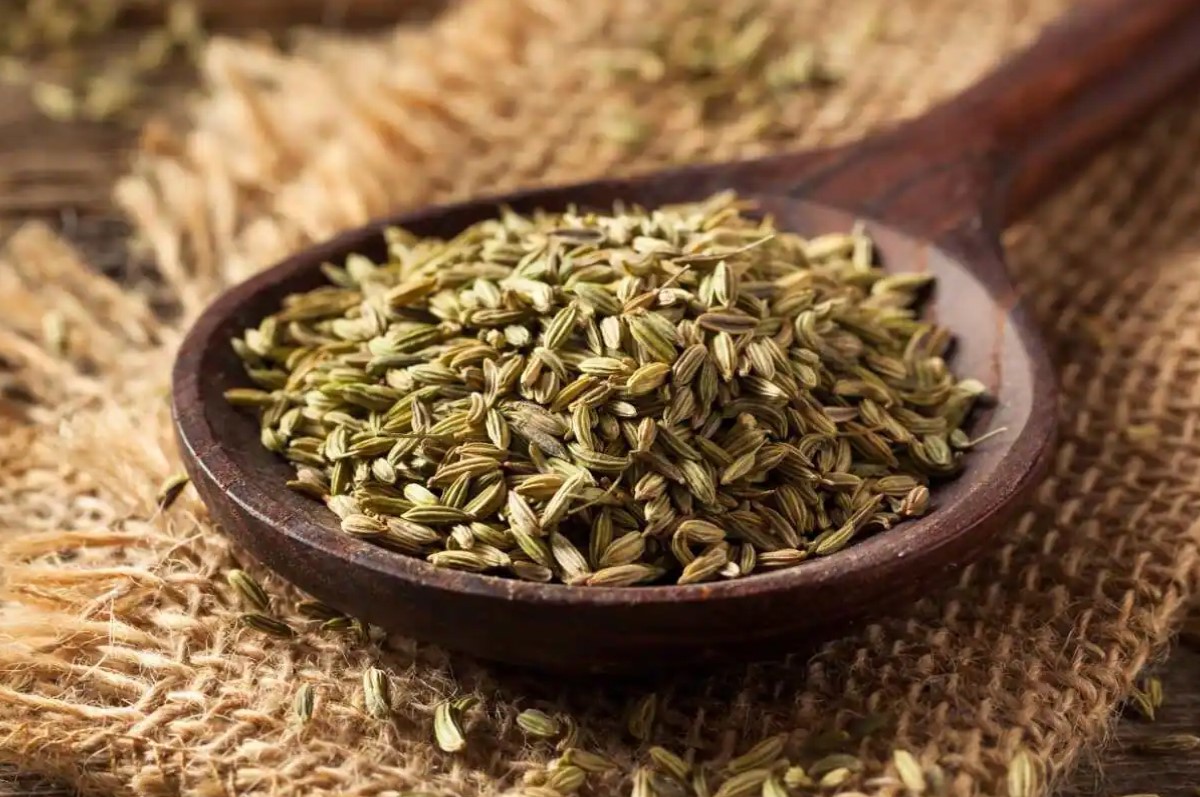
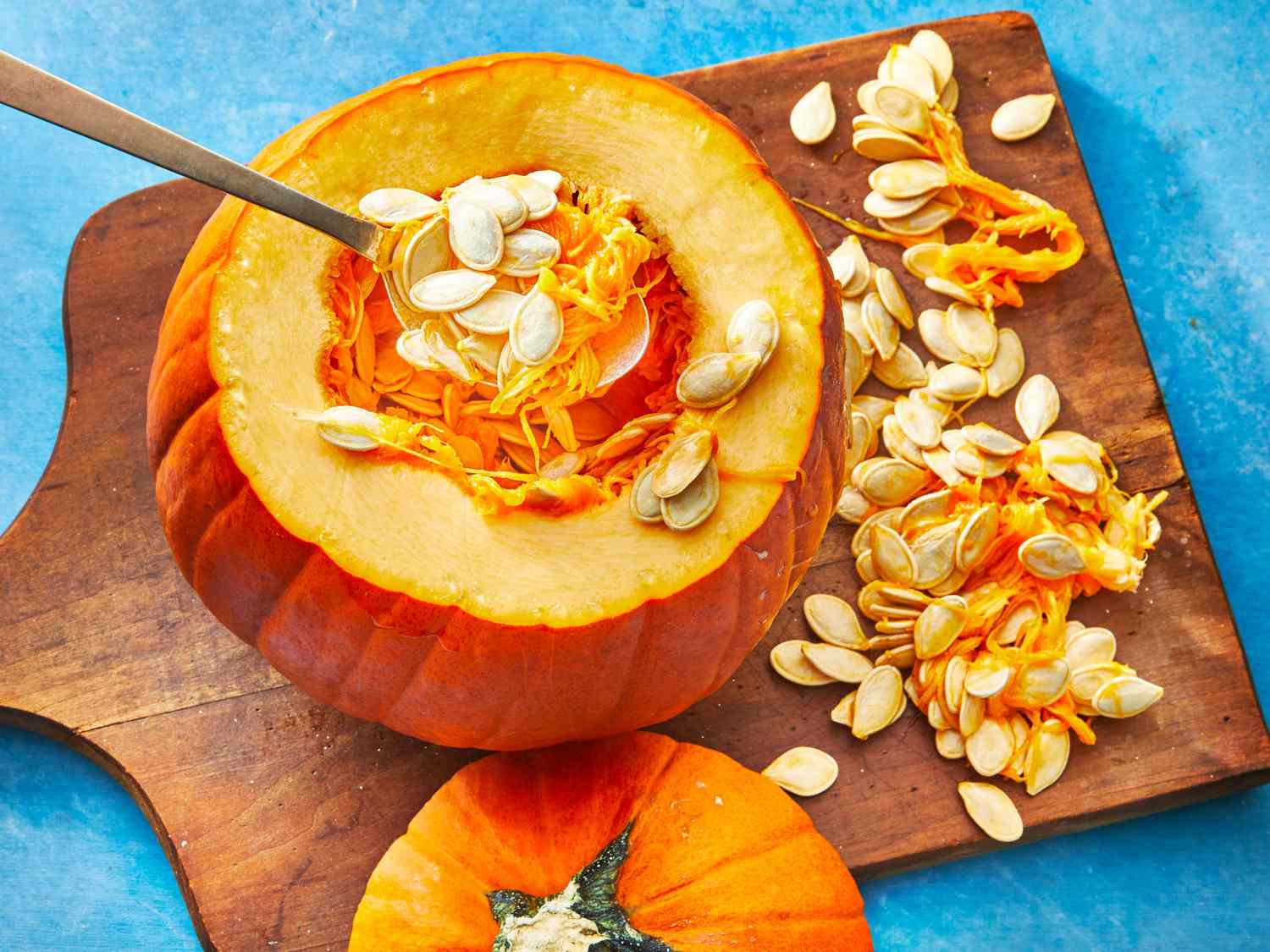
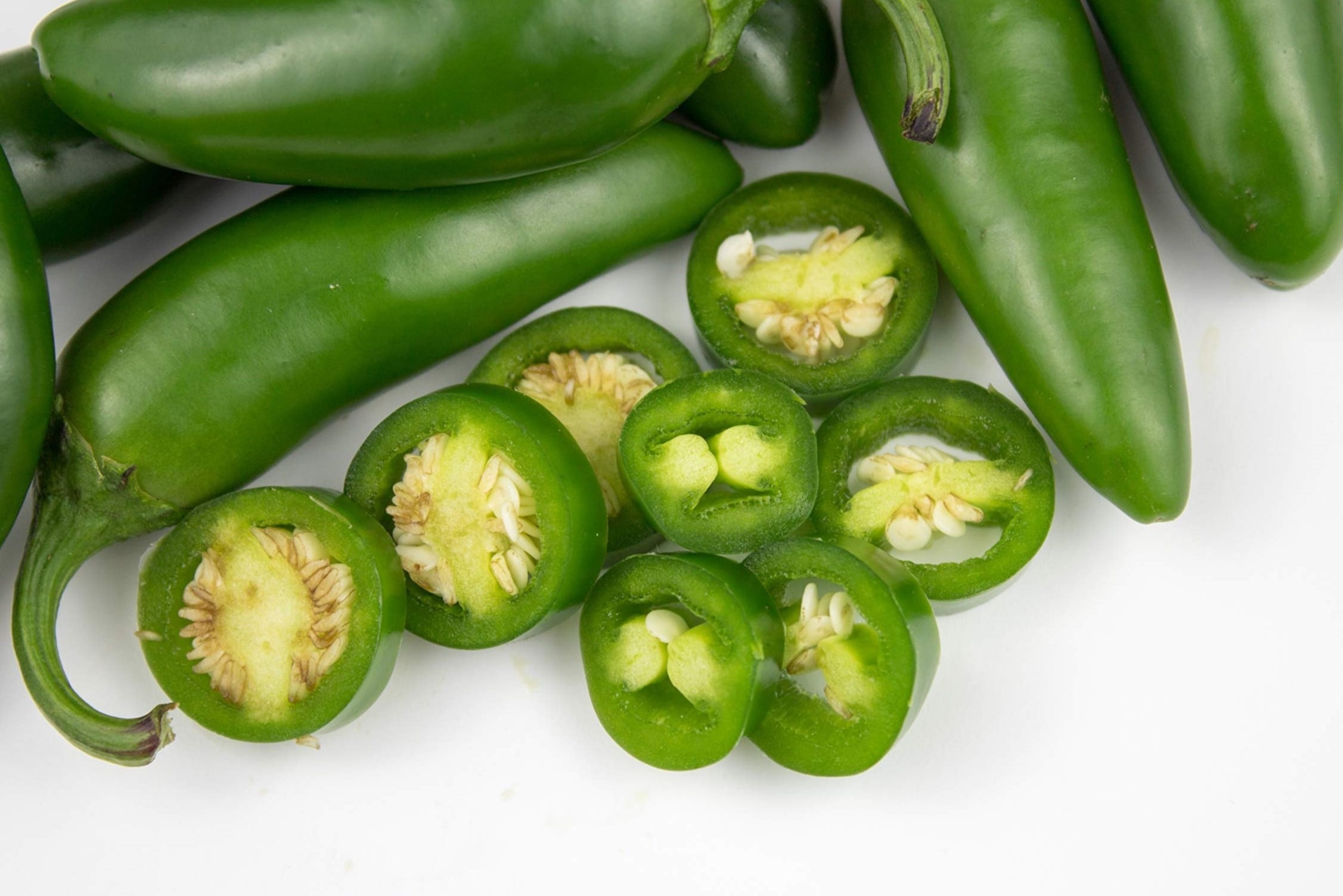
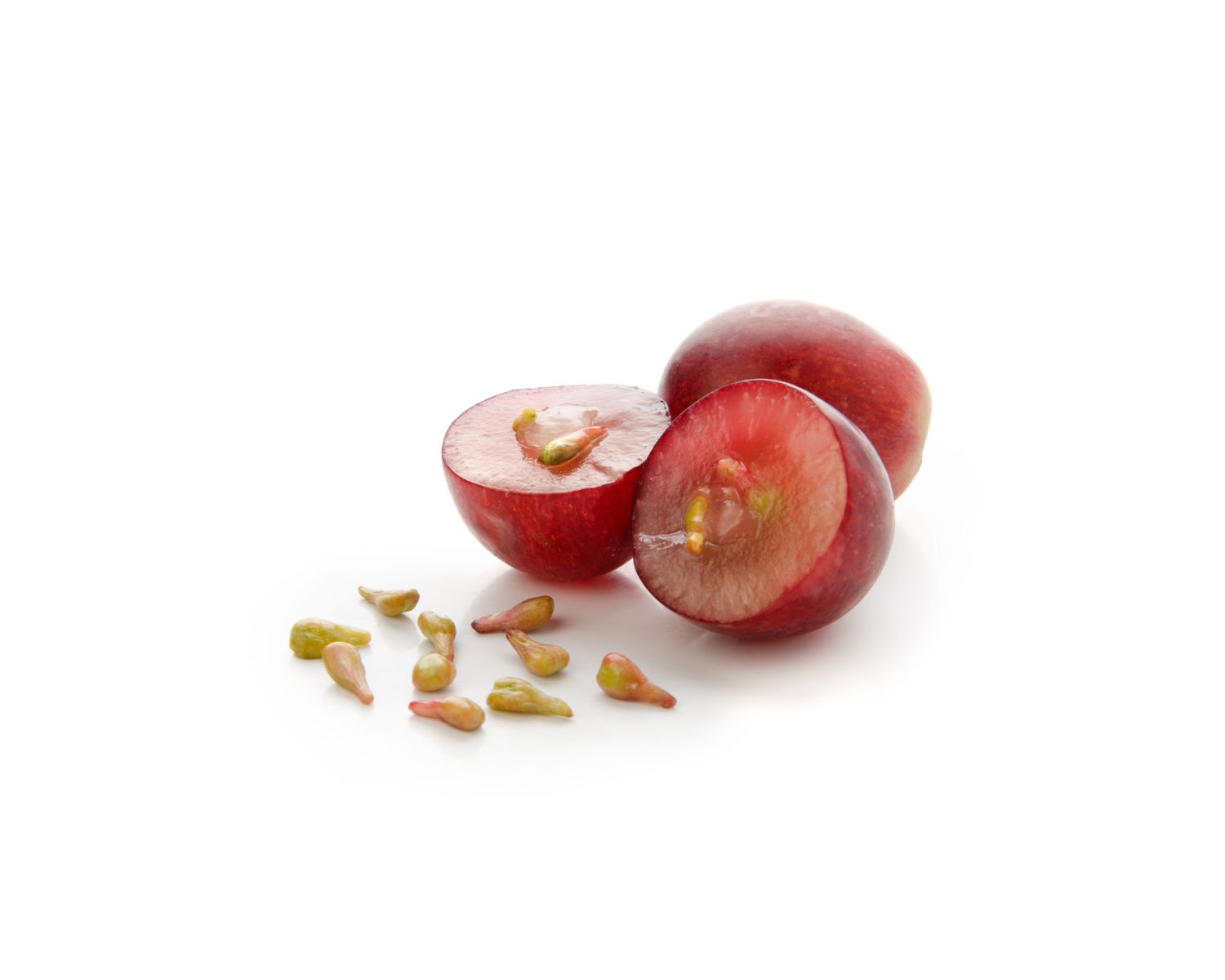


0 thoughts on “What Do Seeds Contain?”